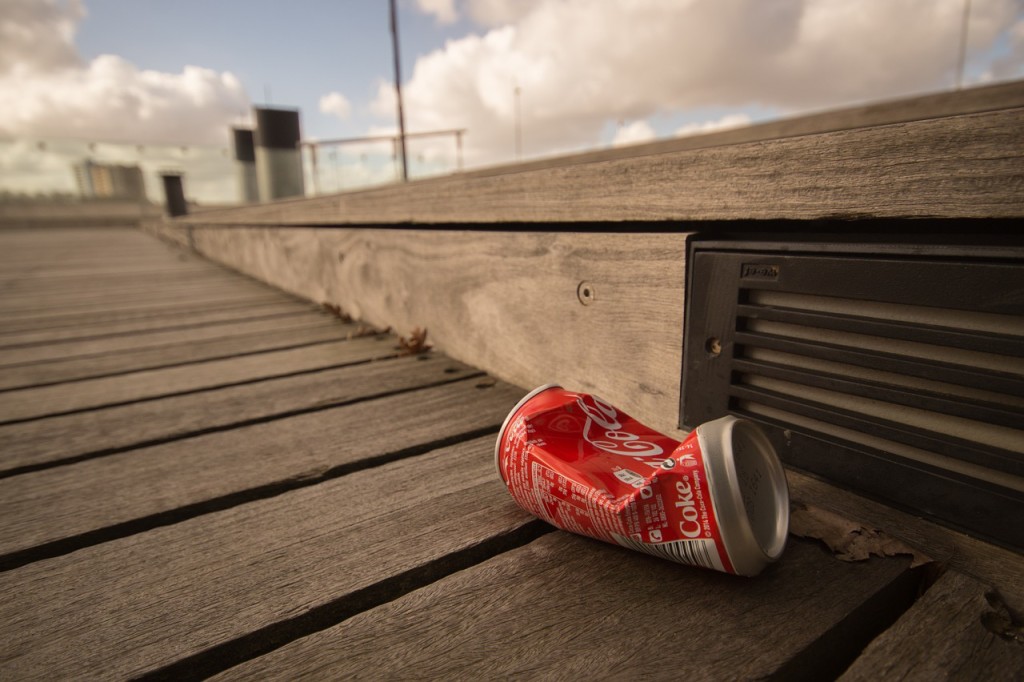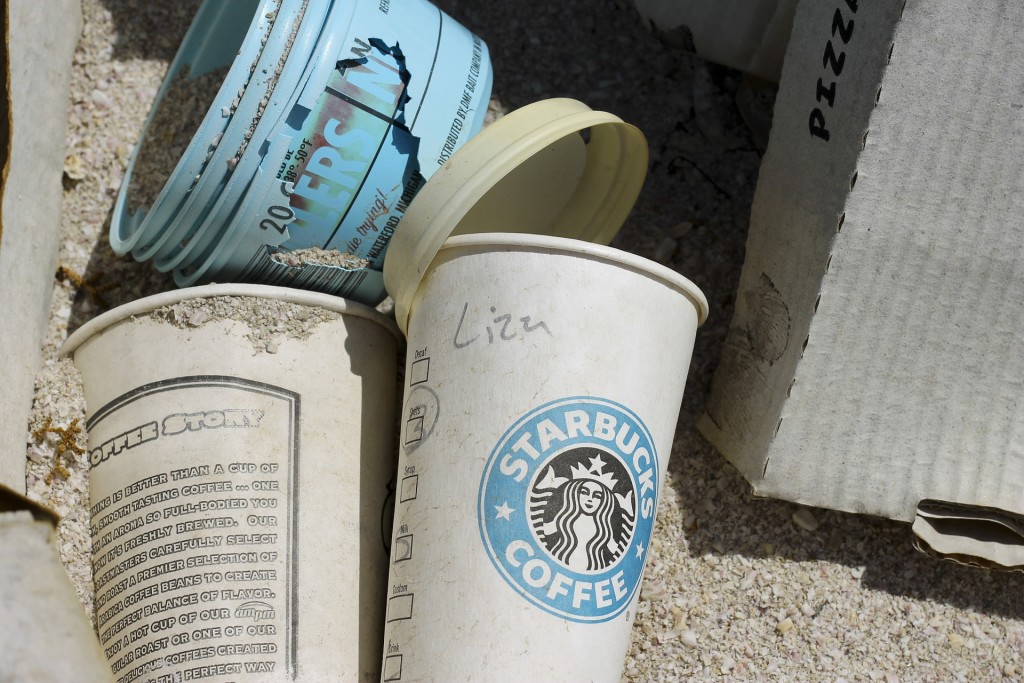Ah, the dinner party.
It’s that staple of human culture whose roots go back to the Holocene. With the discovery of fire came community, and at the dawn of humanity neaderthals crouched in circles to cook the meat of some kind of ungulate and tear its meat from the bone with their teeth. Grunts of approval echoed off of painted cave walls and above the crackle of Prometheus’s greatest gift.
Fast forward 10,000 years and not much has changed. Every once in a while we pay tribute to this prehistoric ceremony and invite friends and family to dinner. We share in the fermented juice of fruits and grains, sear meat and simmer the roots of plants. We carry on the oral history of our tribes, telling and retelling the same stories and jokes, until they take on a life of their own and the feats of our youth are truly Herculean.

The night is grand. The dinner party is a great success. The evening wanes and friends move gaily toward the kitchen, rosy cheeked and high in spirits, to help ferry the dishes to the sink where they can be put off until tomorrow. Inevitably they ask where to leave the empty beer bottles, and inevitably are appalled when I answer.
“You can just throw those in the trash.”
OH! What indigation ensues. “You can recycle those at Hippy WalMart,” they insist (Missoula has no infrastructure to recycle glass, but the denizens at Hippy WalMart advertise that they will ship our glass in empty trucks to Spokane, where it can be ground to rubble before being discarded). And then the evening can’t help but to close on an awkward note after I insist that recycling is bullshit.
There are a few reasons that recycling is a scam. For starters, the vast majority of those so-called recyclable goods that you painstakingly sort, or buy those blue bags for, wind up in the landfill. Plastic that can be recycled at all can usually only be re-purposed once, glass just goes straight to the landfill, and even minor grease spots on a newspaper render the whole bundle to trash.

The only really effective recycling infrastructure is, not surprisingly, the one with an economic incentive to the consumer; aluminum can be reused ad infinitum with significant cost and energy savings over producing the raw material.
But the biggest issue with recycling is one that it shares with the Toyota Prius and other well meaning improvements to our global impact: it completely misses the point. It’s easy for me to go about my happy liberal life without changing my behavior, and carrying the warm, smug, glow of knowing that I’m saving the world because I threw my 12 oz. Dasani bottle into the blue trash can instead of the black one with all the bees around it. With this warm fuzzy feeling it’s easy to forget that recycling should be the last resort, and that in order to make any kind of meaningful change we really just need to consume much, much less.
Recycling is an emotional palliative to otherwise well meaning people, and it keeps them from accepting responsibility or effecting actual change. Driving your Prius a mile to work on a nice day is still driving a mile to work on a nice day. Don’t like that your town doesn’t recycle glass? Fill a growler, instead. And rather than furtively making plastic bottles disappear from the public eye one tidy blue bag at a time, I encourage you to throw them on the ground. Litter them with every chance you get, until they’re so ugly, and so pervasive that there’s a pelican or a squirrel or something choking on every street corner in America.
Maybe then people will stop buying plastic bottles of water in the first place.




